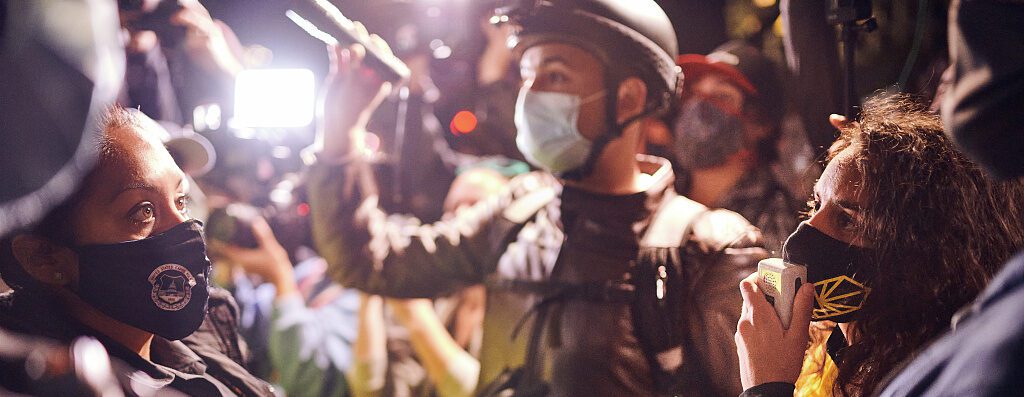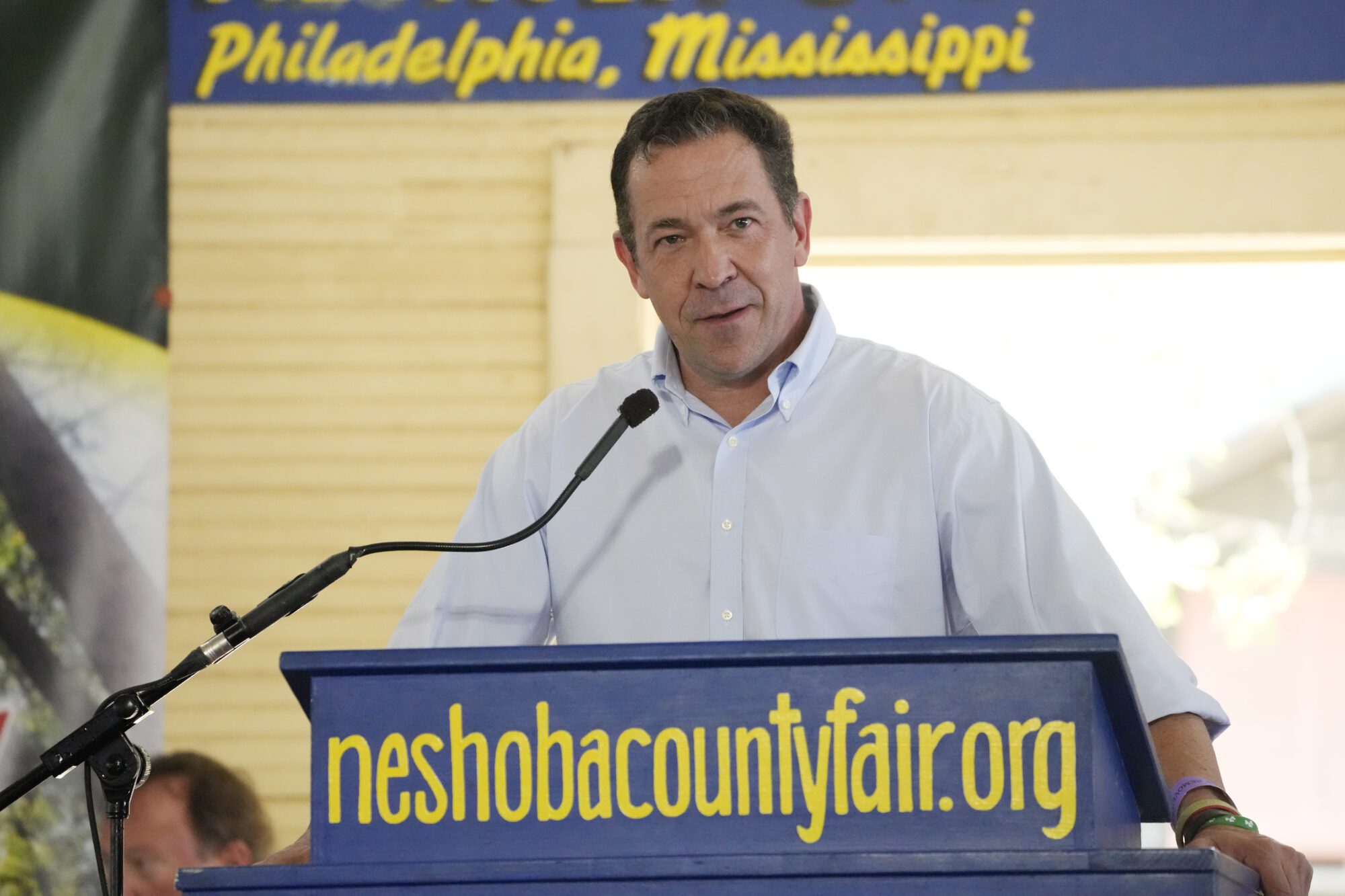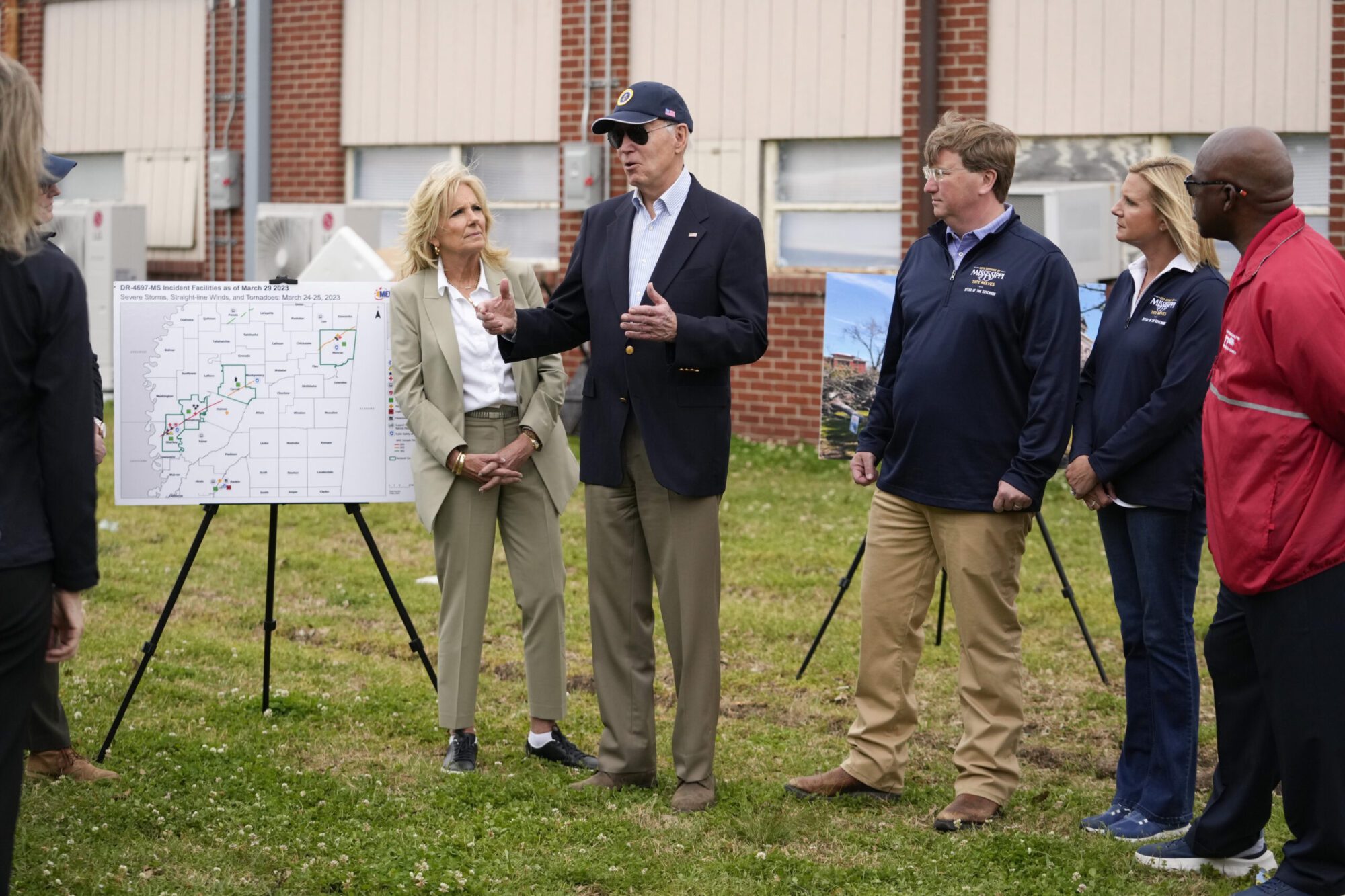
Jameson Taylor
The concept, which died in the Mississippi Senate, is new to the Magnolia State, but it isn’t new in other states.
As a longtime “education reformer,” I am skeptical of silver bullets. Having worked on everything from third-grade reading gates to formula rewrites to special-needs scholarships, I harbor a sneaking suspicion that none of it is enough. Are we really doing everything we can to help kids get a good education?
In the final days of session, lawmakers were invited to take a third look at a bill (HB 1373) that would have helped. It’s called the “Released-Time Moral Instruction Act of 2023,” sponsored by Speaker Philip Gunn. It’s an idea new to Mississippi, but not new to America –and popular in states as different as New York is from Utah.
Part of the problem with improving educational outcomes is the changing definition of what is “good.” Does it entail merely improving test scores, or does it require learning how to be a “good” person? The Left certainly thinks so – and relentlessly pushes for “social-emotional learning,” a mishmash of behavioral modification agendas, including sex-ed and critical race theory. On this, the Left and America’s Founders ironically agree – that education should have some moral (or immoral) content.
“We are a moral people,” said President Harry Truman. George Washington goes a step further, saying: “Of all the dispositions and habits which lead to political prosperity, religion and morality are indispensable supports.”
That religion and morality should be taught in public schools was a given. The Northwest Ordinance set aside tracts of land for public schools, exhorting that: “Religion, morality, and knowledge being necessary to good government and the happiness of mankind, schools and the means of education shall forever be encouraged.” (The Northwest Ordinance also banned slavery in the new territory and forbid the taking of Native American land and property.)
Religious and moral instruction was commonplace in public schools for many years – until it wasn’t. Then, in 1962, the U.S. Supreme Court prohibited teacher-led prayer. Well before this, however, it had become clear that the schools were not the proper venue for religious education.
This is not to say that Americans, not to mention the courts, thought public school students shouldn’t receive any religious and moral instruction. Rather, the trend was to outsource it to those with the expertise and enthusiasm best-suited for it. Enter released-time education (RTE) – and HB 1373.
Released-time moral instruction happens during public school hours – but not at school. It is led by pastors and volunteers – not teachers and school administrators. RTE is perfectly constitutional, having been upheld by the Supreme Court as a model that “follows the best of our traditions.”
In Utah, RTE classes have been available for public school students for more than a century. In New York City, Jewish students participate in RTE. Several other states have similar moral instruction programs, with some offering elective course credit.
RTE opportunities are open to members of any faith. The programs allow public school students to spend one hour each week studying religious/moral instruction. Programs run by Christian churches and nonprofits study the Bible and the moral teachings of the Old and New Testament. Programs run by other churches study their own sacred traditions.
Research by George Barna indicates that while the vast majority of U.S. teenagers want to learn about Jesus, many of them perceive themselves as the best source of information about Him. These kids are searching for truth, but not finding reliable guidance. Likewise, a recent CDC study finds, “significant increases in the percentage of youth who seriously considered suicide.” At least some of these kids are searching for help and spiritual meaning. RTE can provide that help, giving kids a sense of identity and purpose.
Unfortunately, the moral instruction bill died in the Mississippi Senate three times this session. And, if one counts the bill sponsored by Senator Chris McDaniel (SB 2792), that would be four times. Meanwhile, our neighbors are taking full advantage: Tennessee, Alabama, Florida, South Carolina and Kentucky all have RTE programs.
No doubt, released-time won’t save the world, but by exposing children to the Good News, it may just save souls, and give kids the gifts they need to find joy in this life – and the next.











